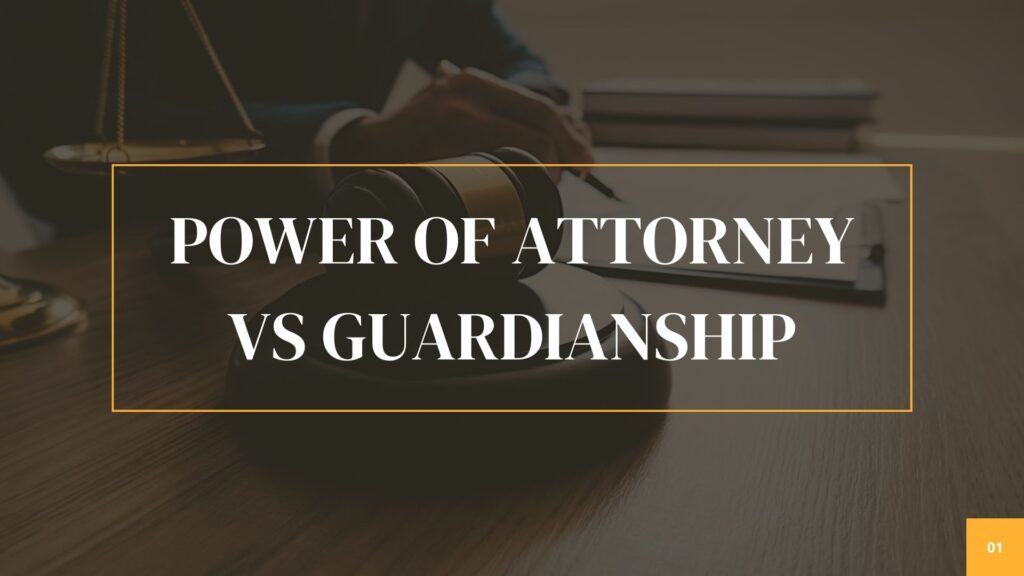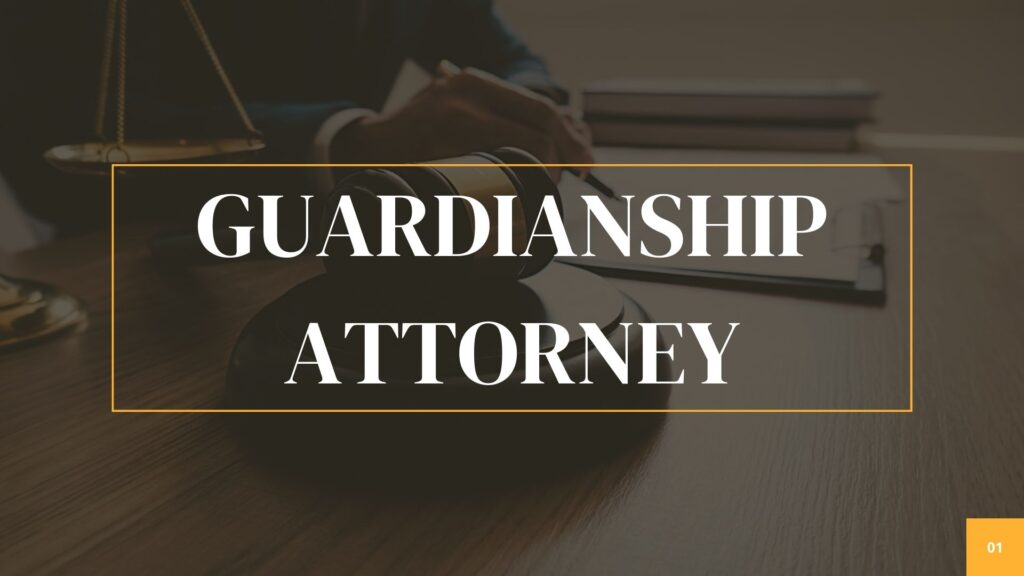
When it comes to making important decisions on behalf of someone else, the concepts of power of attorney and guardianship often come into play. These legal terms can be confusing to understand, but they play crucial roles in ensuring the well-being and protection of individuals who may not be able to make decisions for themselves. In this blog post, we will explore the key differences between power of attorney and guardianship, helping you to understand which option may be the best fit for your specific situation. Whether you are considering granting someone else authority over your affairs or you are looking to make decisions on behalf of a loved one, understanding the distinctions between these two legal mechanisms is essential.
Defining the Basics: Power of Attorney vs Guardianship
Power of attorney and guardianship serve as legal tools designed to empower individuals to act on behalf of others, yet they differ significantly in foundation and application. In a power of attorney arrangement, an individual, known as the principal, voluntarily assigns another party, referred to as the agent or attorney-in-fact, the ability to make decisions ranging from financial to health-related matters on their behalf. This delegation is flexible, allowing the principal to specify the extent and nature of the agent’s powers, which can be adjusted to suit particular needs or circumstances.
Conversely, guardianship arises from a court’s determination that an individual lacks the capacity to manage their own affairs due to incapacity or disability. Here, a guardian is appointed to oversee the well-being and manage the affairs of the incapacitated person. Unlike power of attorney, which is established through a personal legal document, guardianship is a court-supervised process that involves a formal determination of incapacity and the subsequent appointment and oversight of a guardian. This fundamental distinction underscores the proactive, planning nature of power of attorney versus the reactive, protective framework of guardianship.
Also Read About: Guardianship Attorney
The Process of Establishing Authority
Establishing authority through a power of attorney requires the principal to be mentally competent and have a clear understanding of the document’s implications. The necessary legal documentation must be completed in the presence of witnesses and, in many cases, a notary public to ensure its legality. The agent appointed in the power of attorney can then proceed to make decisions within the bounds set forth in the document.
Conversely, establishing guardianship involves a judicial process. A petition must be filed in a court of law, initiating a hearing to assess the individual’s capacity to manage their own affairs. This process necessitates the presentation of evidence to demonstrate the individual’s incapacity and the need for a guardian. Should the court find guardianship necessary, it appoints a suitable guardian, entrusting them with the responsibility to care for the individual in question. This guardian is then obligated to report back to the court regarding the individual’s well-being and financial status, ensuring proper oversight and care.
Scope and Limitations of Authority
The power of attorney allows for a tailored approach to delegating authority. The principal can precisely delineate the range of decisions the agent is authorized to make, encompassing areas such as financial management, healthcare directives, and property dealings. This flexibility includes the option to designate the power of attorney as either durable or non-durable, directly impacting its validity in the event of the principal’s incapacitation.
In contrast, guardianship bestows a broader set of responsibilities upon the guardian, typically encompassing comprehensive decision-making power over the ward’s personal, financial, and medical affairs. The extent of this authority is determined by the court, based on the specific needs and best interests of the individual under guardianship. Unlike the customizable nature of power of attorney, guardianship does not offer the same level of specificity in defining the guardian’s powers, often resulting in a more general mandate to act in the ward’s overall best interest.
Duration and Revocability
The flexibility in the timeline and the ease with which arrangements can be altered are notable differences between power of attorney and guardianship. A power of attorney provides a mechanism for the principal to retain control over the agreement’s longevity and its termination. It can be designed to lapse at a specified time or upon the occurrence of a particular event. More importantly, the principal holds the power to revoke the agreement at their discretion, provided they possess the mental capacity to do so. This allows for significant adaptability in response to changing circumstances or desires.
Guardianship, conversely, is established with the understanding of permanence, aimed at providing continuous support and protection for those who cannot make decisions on their own. Modifying or dissolving a guardianship arrangement requires a formal court process, which can be both time-consuming and complex. The court’s involvement is necessary to ensure that any change in guardianship status is in the best interest of the ward, making it a more rigid and enduring solution compared to the relative flexibility offered by power of attorney agreements.
Choosing the Right Path for Your Needs
Deciding whether power of attorney or guardianship is more appropriate hinges on the individual’s current and future capacity for decision-making. Power of attorney is optimal for those who, despite being able to make decisions now, anticipate a future need for assistance. This approach offers autonomy, enabling individuals to designate someone they trust to manage their affairs should they become unable to do so. It represents a proactive, flexible choice, allowing for changes as circumstances evolve.
Conversely, for individuals already unable to handle their decisions due to incapacitation, guardianship emerges as the viable solution. This option is tailored for situations where comprehensive oversight and management of an individual’s personal and financial matters are required, under the protection and supervision of the court. Guardianship is designed to provide a secure, long-term structure for decision-making in the best interest of the individual.
In making this critical choice, evaluating the immediate and future needs of the person in question, along with the legal implications and responsibilities of each option, is paramount. Consulting with a legal professional can also provide valuable insights and guidance tailored to the specific situation.


